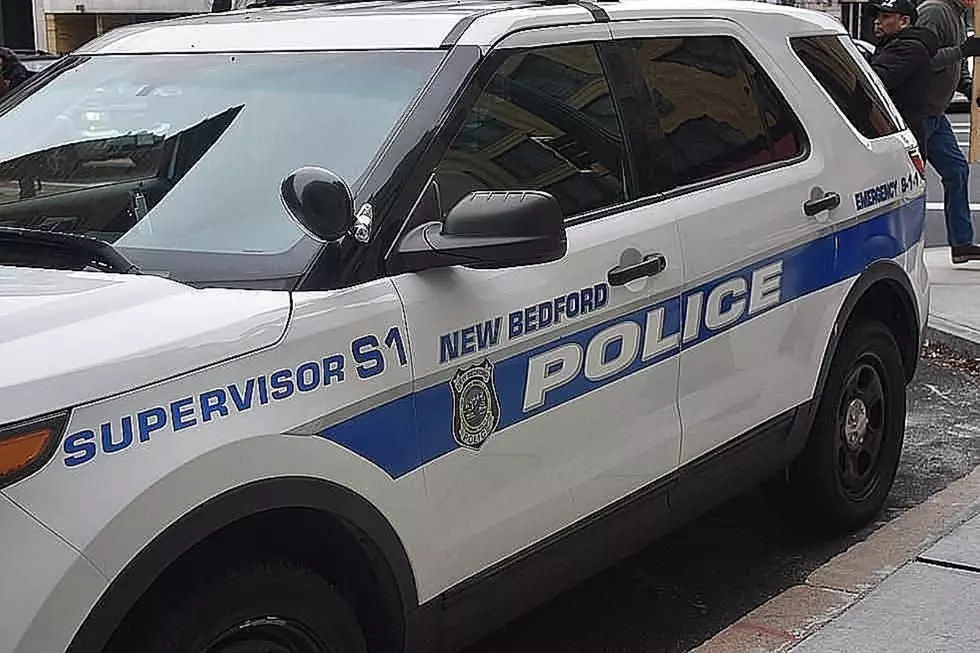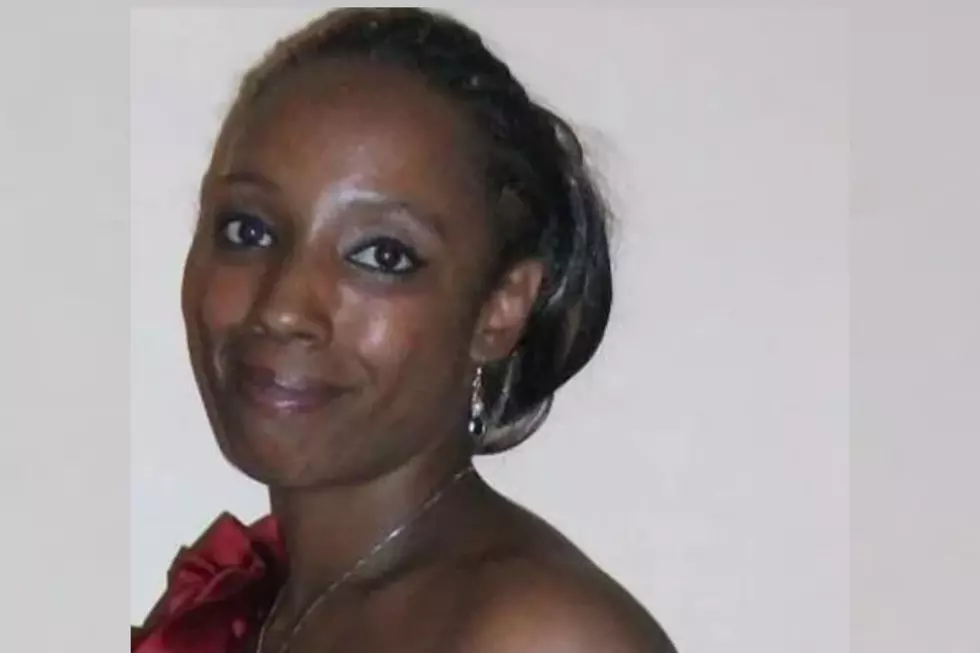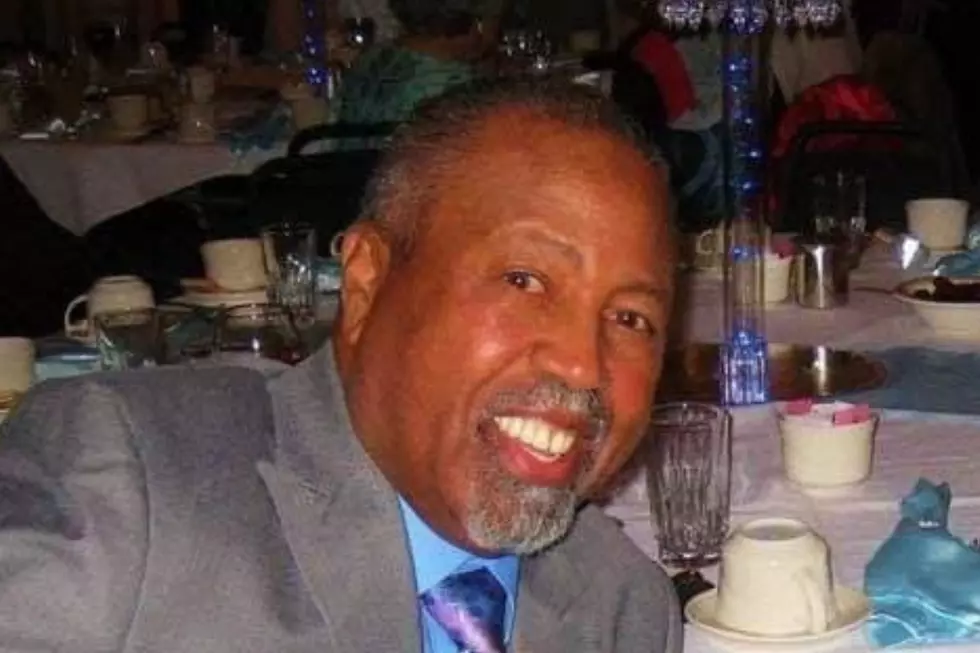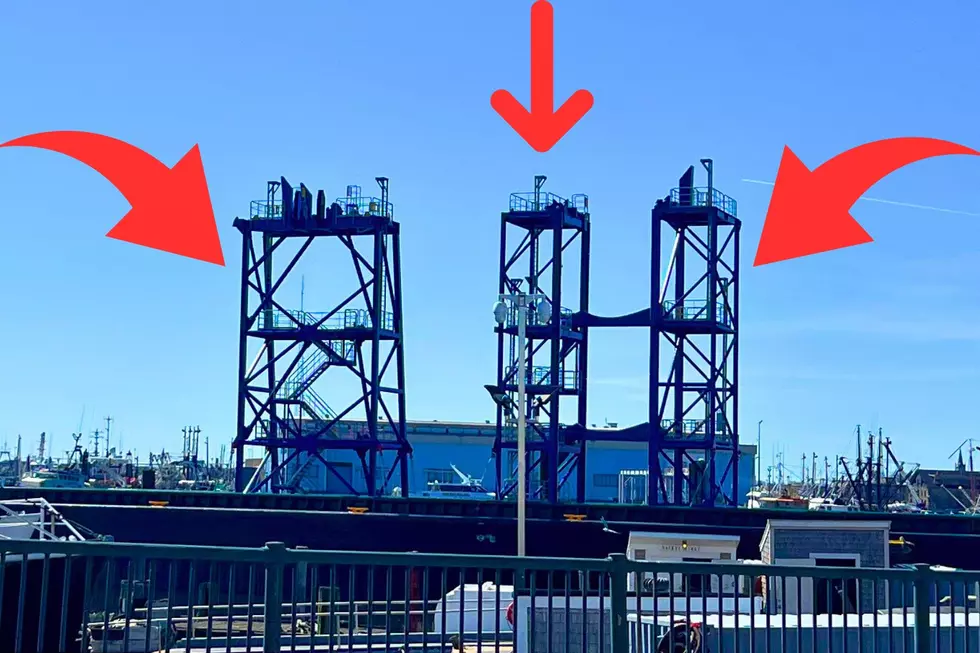
How New Bedford’s First Medical Marijuana Dispensary Will Operate
Beacon Compassion Ceter will be hosting an informational meeting at the New Bedford Inn & Suites at 500 Hathaway Road on Thursday evening from 7-9 p.m. to address concerns of the community.
Steve Angelo, Executive Director of Beacon Compassion Center, told WBSM's Brian Thomas he feels it is important for Beacon to hold meetings in the ward, close to the future site of the facility in the former Wicks and Licks location on Hathaway Road.
"We want to be part of the neighborhood. We want to be part of the community," Angelo said. "It will be an hour-long presentation, followed by whatever remaining time left for a Q-and-A. It's primarily an educational event and an awareness event to share with the community what we are all about."
Angelo said Beacon is now in the design phase of the facility, working with the Department of Public Health through their architectural review process, and will have to meet with the city as well before getting a building permit.
"Nothing in this industry is that easy, which explains the reason why after four years, we only have 11 dispensaries opened up in the state," Angelo said. "Nothing is easy in the process, and some of it rightfully so. It should be a difficult process, but not this difficult."
Beacon Compassion Center will be razing the existence structure at the location, and erecting an approximately 3,500-square foot "non-descript, brick-style building" in its place.
"There's no pot leafs, no neon signs, nothing along that nature," Angelo said. "If you don't know what this facility is, you'll just drive by and not even recognize it. It will have our name, but no reference to marijuana."
The property will also be extremely well-lit and surrounded with high-definition cameras that will even capture around the parking lot and into the street. Angelo says Beacon Compassion uses a "layered security defense," meanining that in addition to the cameras, there are multiple layers of security for someone to get through before acquiring marijuana. The front door will be locked, and those wishing to enter will have to hold up two forms of identification, that being a photo ID as well as their patient card. After those are visibly inspected over the camera, the patient will be buzzed into to a small vestibule that contains another locked door. There will also be a counter area and an enclosed glass area, where the patient will have their identificiation verified against the state registry by a dispensary employee. At that point, they'll be buzzed inside the main area to acquire their product.
"It's a medically-focused environment," Angelo said. "Very little, if any, product will be on the floor. It's behind several other security zones, and individuals on the floor can't access those zones."
Angelo said he would expect about 100 patients per day to visit the facility, which he says wouldn't increase traffic on Hathaway Road or Route 140 by any significance. He also emphasized that with the high-definition cameras covering every square inch of the property, he also doesn't expect patients to be lighting up in their cars or loitering in the parking lot, either.
The building of the dispensary isn't the only difficult part. Angelo also said one of the most challenging components to the medical marijuana industry is pricing.
"The reason for that is we have to be very carerful with pricing, so that we don't price too much higher or too much lower than the black market," he said. "If it's higher, it pushes everybody to the black market that can't afford our price. But if it's lower, that creates the opportunity for someone to come in, buy the product and then re-sell it for a profit. We are required by the state, as part of keeping our license, to prevent diversion, and that is considered diversion. So we have to do everything we can to make sure our business practices don't lend to that."
Another question is how often people will be visiting Beacon Compassion Center for their marijuana. Angelo said patients will be allowed 10 ounces over a 60-day period, although they can purchase more by authorization from their physician.
"Ten ounces does sound like a lot, and it is a lot depending on a patient's condition. But in some cases, it's not a lot," Angelo said. "For example, a cancer patient that needs (marijuana) oil, it takes about a pound of flower to producer an adequate supply of oil. There's a lot of things the general public just doesn't understand as it relates to this. A number of patients have conditions that require higher volumes, and they need that flexibility and ability to purchase larger amounts."
With all the questions answered about how the medicial marijuana process will operate to distribute medicinal marijuana, the next logical question is whether or not Beacon Compassion Center will become a recreational distributor once the state's moratorium on recreational sales is over. Angelo said Beacon Compassion is a "medically-focused organization," and that at their annual board meeting, they had a unanimous board vote that takes recreational marijuana sales off the table until they know and understand what the state regulations will be, and work with their municipal partners to figure out how best to implement them.
More From WBSM-AM/AM 1420









